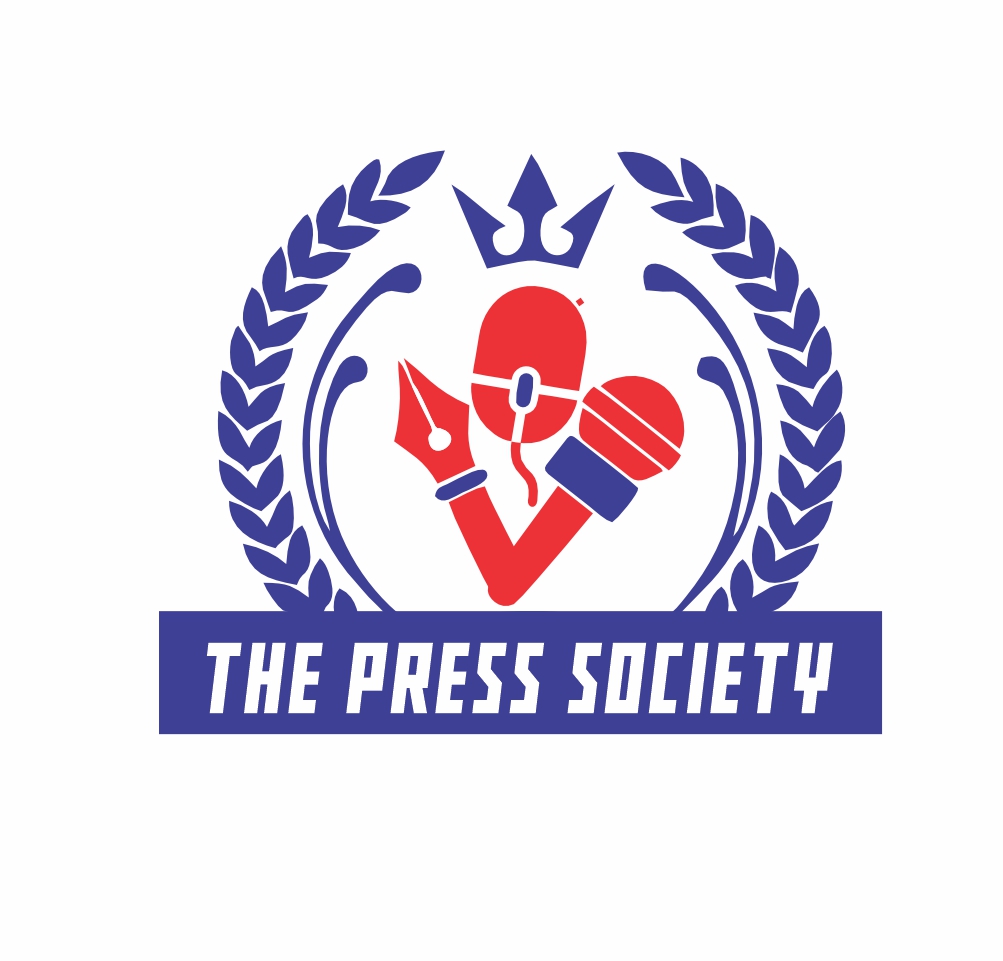 In January 2025, the Trump administration’s decision to freeze U.S. foreign aid has significantly disrupted healthcare services for marginalized communities worldwide. In South Africa, this policy change has led to the closure of critical programs, notably affecting transgender healthcare services provided by the Wits Reproductive Health and HIV Institute (Wits RHI) in Johannesburg.
In January 2025, the Trump administration’s decision to freeze U.S. foreign aid has significantly disrupted healthcare services for marginalized communities worldwide. In South Africa, this policy change has led to the closure of critical programs, notably affecting transgender healthcare services provided by the Wits Reproductive Health and HIV Institute (Wits RHI) in Johannesburg.
Closure of Transgender Health Services
The Wits RHI, a prominent healthcare provider in Johannesburg, has been forced to suspend its transgender health program due to the cessation of funding from the U.S. Agency for International Development (USAID). This abrupt halt has left approximately 1,800 patients and 24 staff members without essential services, including hormone therapy and HIV care. A transgender woman who visited the Hillbrow clinic on January 28, 2025, received an SMS notifying her to collect her hormone prescription before 4 pm, as the clinic would no longer be able to provide services. She expressed that while she could collect her prescription at a private institution, the added financial burden of having to pay for the service herself was concerning.
Broader Implications of the U.S. Aid Freeze
The suspension of U.S. foreign aid has caused widespread disruption among aid organizations and federal agencies such as USAID. The halt affects various programs, including health services like HIV treatment in Africa, landmine removal, food insecurity efforts, and foreign military financing. The chaos ensued from the suddenness and the unclear guidelines of the directive, leaving many federal workers and aid groups uncertain about the extent and exemptions of the order. Some aid groups are pursuing waivers and legal action, while others fear they might need to shut down due to funding gaps. The freeze notably impacts humanitarian aid and programs essential for U.S. global influence, potentially leading to adverse outcomes for millions reliant on U.S. aid, including healthcare workers and refugees.
Local Healthcare Professionals Express Concerns
Healthcare professionals, including doctors, nurses, and data capturers integrated into the program, are left in a state of confusion about their future salaries and job security. Dr. Angelique Coetzee, a healthcare expert, voiced her concern, stating that South Africa needs to reduce its reliance on foreign aid to ensure sustainable healthcare. “People should be worried. There is an impact on patient care and livelihoods. Doctors, nurses, and data capturers that are integrated into our clinics and hospitals will now be stranded and will not know where to get their salaries going forward,” Dr. Coetzee said.
Wits RHI’s Response and Future Plans
Wits RHI has been a cornerstone in providing healthcare services to marginalized populations, including transgender individuals. The institute has been forced to close some of its services, effective January 28, 2025, due to the funding freeze. This decision has left patients and staff members facing uncertainty. The South African Department of Health has yet to issue a formal response. Spokesperson Foster Mohale noted that they had not received official communication from USAID but would provide further details once the department is formally notified.
The U.S. foreign aid freeze has had a profound impact on healthcare services for marginalized communities in South Africa, particularly affecting transgender individuals who rely on specialized care. The closure of programs like Wits RHI’s transgender health services underscores the vulnerability of critical healthcare services in the absence of foreign support. This situation highlights the urgent need for sustainable healthcare solutions that do not solely depend on external funding.





